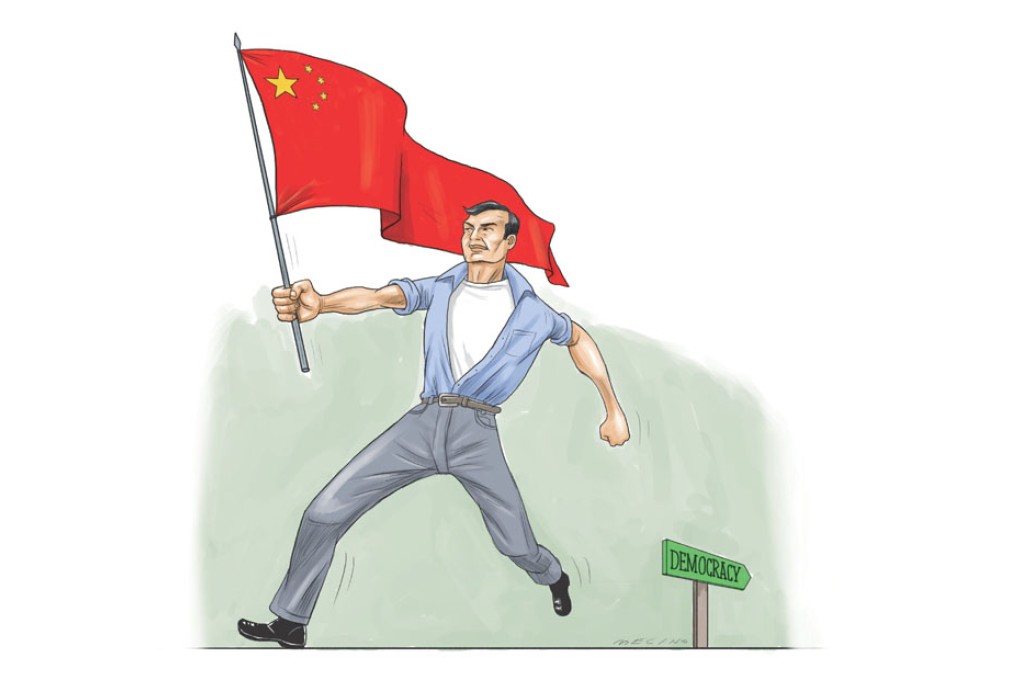The West can avoid conflict by allowing China to go its own way
Eric X. Li says the West's outdated views have blinded it to the failures of liberal democracy and market capitalism. By allowing China to rise in its own way, conflict can be avoided

From US President Barack Obama's ceding of the centre stage to his Chinese counterpart at the recent Apec gathering, to frenzied attempts to decipher the country's political and economic directions from the party's just-finished third plenum, the rising giant of the East often dominates Western political discourse. Unfortunately, such discourses are taking place on a faulty paradigm.
Ever since 1989, mainstream Western opinions about China have been dominated by two divergent theories with opposite policy prescriptions. The ultimate aim of both was to build a univer-salised world order, which of course could not be credible without China.
One is the "imminent collapse" school. Espoused by cold [war] warriors, it predicted the wholesale collapse of the country. The one-party political system was inherently incapable of managing the intensifying social and economic conflicts as the country went through its wrenching transformation from a poor agrarian economy to an industrialised and urban one.
The Western alliance should seek to contain China, so the theory went, and thereby hasten the fall of a threatening power ruled by an illegitimate regime.
The other is the "peaceful evolution" school. These are the panda-hugging universalists who made the "they-will-become-just-like-us" prediction. As the country modernised its economy, China would inevitably accept market capitalism and democratise its political system, and proponents urged deploying an engagement policy to speed up this evolution.
Nearly a quarter of a century has passed since the Western intellectual and policy establishment has been guided by these two schools of thought. The report card is not pretty.